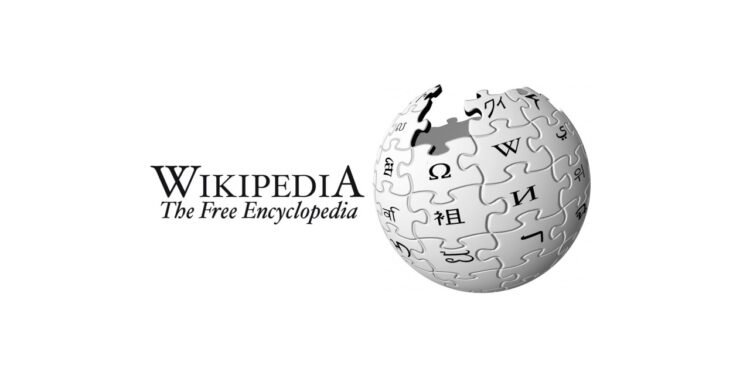In the vast realm of the internet, one platform stands as a testament to the power of collective knowledge and collaboration – Wikipedia. Launched in 2001 by Jimmy Wales and Larry Sanger, this online encyclopedia has revolutionized the way people access information and has become a cornerstone of the digital age.
Wikipedia’s strength lies in its open and collaborative model. Unlike traditional encyclopedias that are authored by a select group of experts, Wikipedia relies on the contributions of volunteers from around the globe. Anyone with internet access can edit or add articles, democratizing the creation and dissemination of knowledge. This inclusive approach has led to a diverse and extensive collection of articles, spanning topics from history and science to pop culture and technology.
One of Wikipedia’s notable features is its commitment to neutrality. Articles are expected to present information from a balanced perspective, avoiding bias or subjective opinions. This dedication to objectivity has made Wikipedia a trusted source for quick reference and initial research. However, this collaborative nature also makes Wikipedia susceptible to vandalism and misinformation. To address this, a community of vigilant editors constantly monitors changes, ensuring the accuracy and reliability of the content.
The sheer scale of Wikipedia is staggering. With millions of articles in hundreds of languages, it has become a comprehensive knowledge hub accessible to virtually anyone with an internet connection. The multilingual nature of Wikipedia not only facilitates global collaboration but also helps in preserving and promoting cultural diversity.
Wikipedia’s impact on education is undeniable. It has become a go-to resource for students and researchers alike, offering a starting point for exploration and understanding. Many educators encourage students to use Wikipedia as a springboard for research, guiding them to the primary sources cited in the articles. This approach not only enhances critical thinking skills but also introduces students to the importance of citation and verification.
Despite its successes, Wikipedia faces ongoing challenges. The reliability of its content is a perennial concern, prompting some academic institutions to discourage its use in formal research. Additionally, the gender and cultural biases present in the contributor base have led to gaps in coverage on certain topics. Efforts are underway to address these issues and ensure that Wikipedia remains a truly inclusive and representative knowledge repository.
In conclusion, Wikipedia stands as a beacon of collaborative knowledge-sharing in the digital age. Its open model, commitment to neutrality, and vast scope have made it an indispensable resource for millions worldwide. While challenges persist, the ongoing efforts of the Wikipedia community underscore its commitment to providing free and accessible information for the betterment of society.



Recent Comments